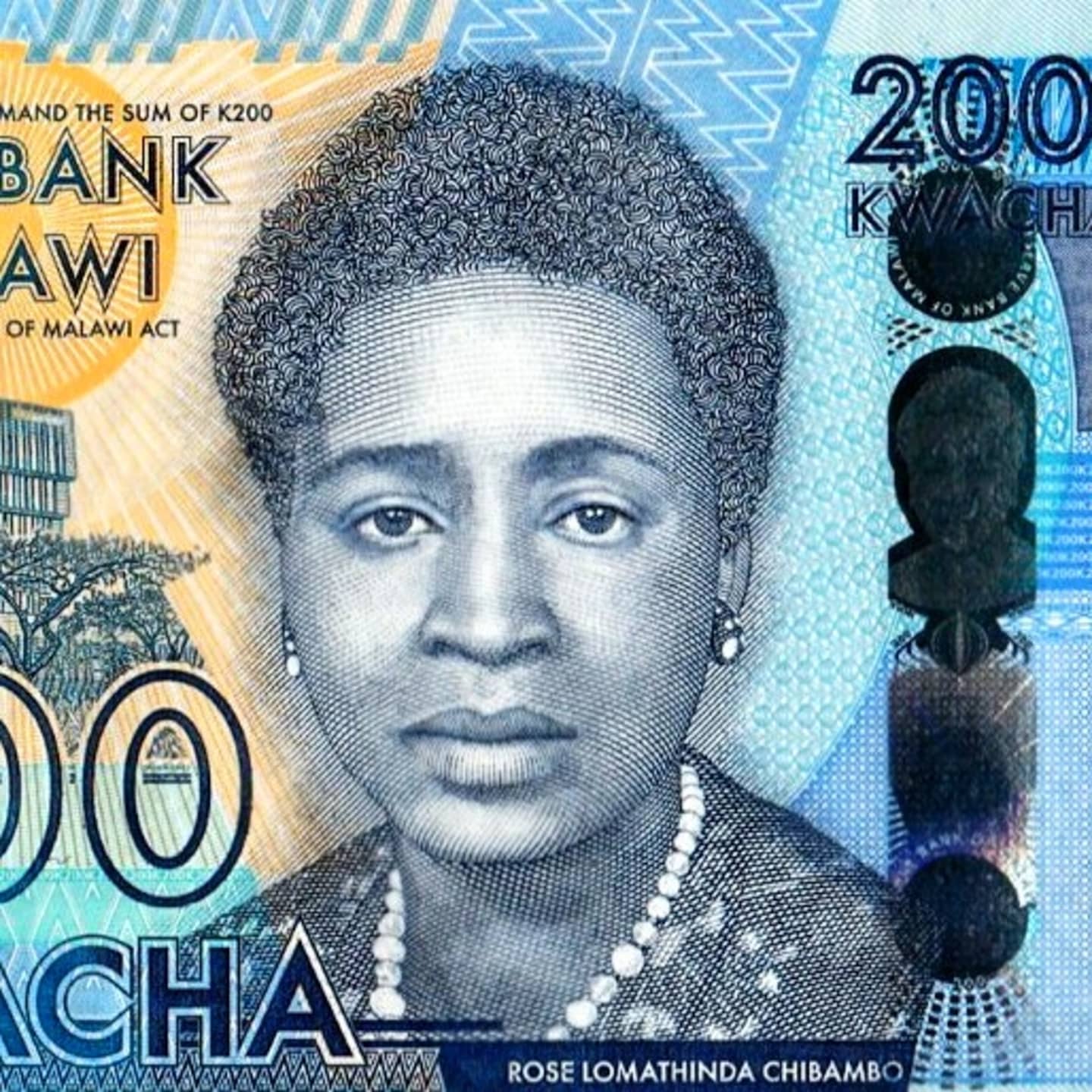More than a freedom fighter
A new book about Rose Chibambo lifts the veil of post-colonial romanticism from her story. We get a moving, nuanced portrait in her own words.

Rose Chibambo.
Rose Lomathinda Chibambo (September 8, 1928—January 12, 2016) was a prominent politician and well-known figure in Malawi’s fight for independence from colonial rule. After many years as a successful political and public figure, Chibambo was forced into exile only a year after Malawi gained its independence, after falling out with the newly elected leader of Malawi, Dr. Hasting Kamuzu Banda. Both she and her husband were forced to flee Malawi, without their children, to neighboring Zambia in 1965. Chibambo returned 30 years later in 1995, a year after Malawi transitioned to multiparty democracy from one-party rule. Her husband died in 1968, and she thus returned alone, leading a quiet life mostly out of the public eye until her death in 2016.
In 2019, a book chronicling the life of Chibambo was published. Titled Lomathinda: Rose Chibambo Speaks, and authored as a book-length interview by Dr. Timwa Lipenga, it was originally to include several prominent female voices, with several academics in addition to Lipenga being signed to the project. However, after project funding was suspended, Lipenga continued working on the book alone, deciding to focus on the story of Rose Chibambo. The result is Rose Chibambo’s story in Rose Chimambo’s words. A beautiful and critical historical document that also resides squarely within the realm of literature, Lomathinda lifts the veil of post-colonial romanticism from Rose Chibambo’s story, transforming her into more than a freedom fighter on a banknote (she is currently the featured portrait on the 200 Kwacha note).
Note: This interview has been edited for clarity.



